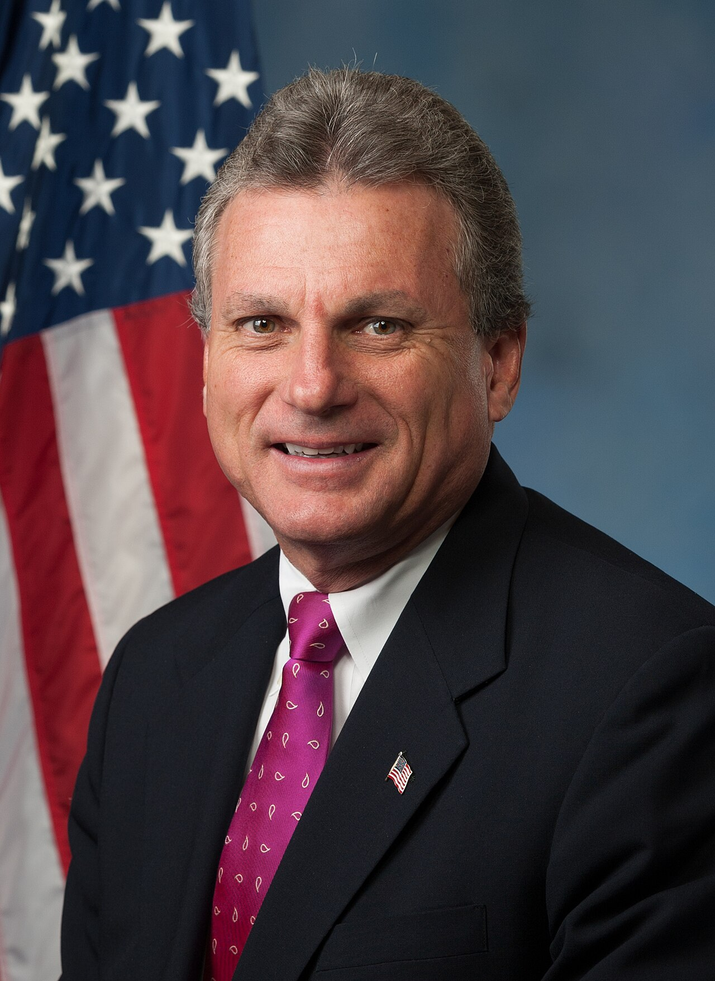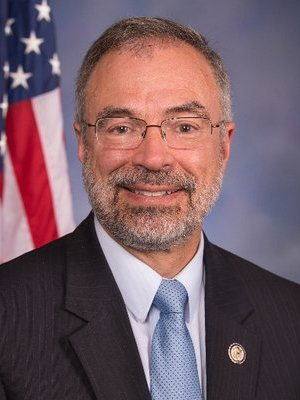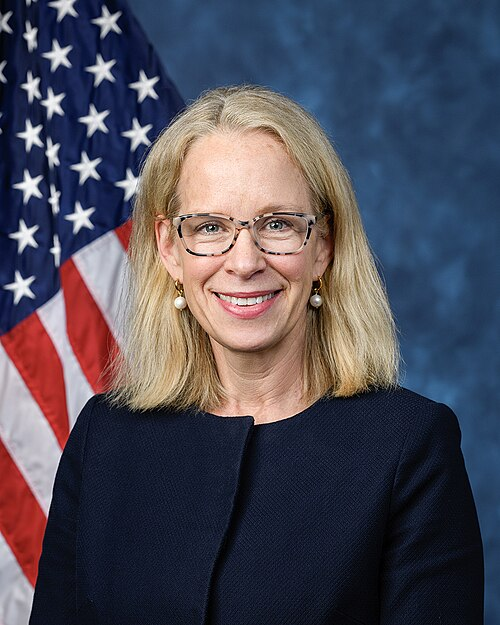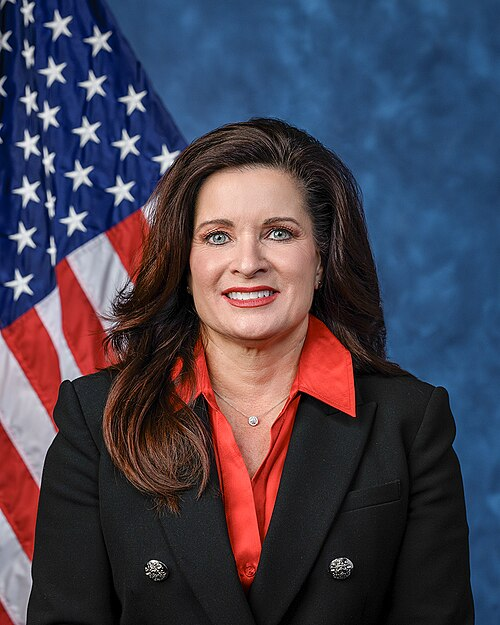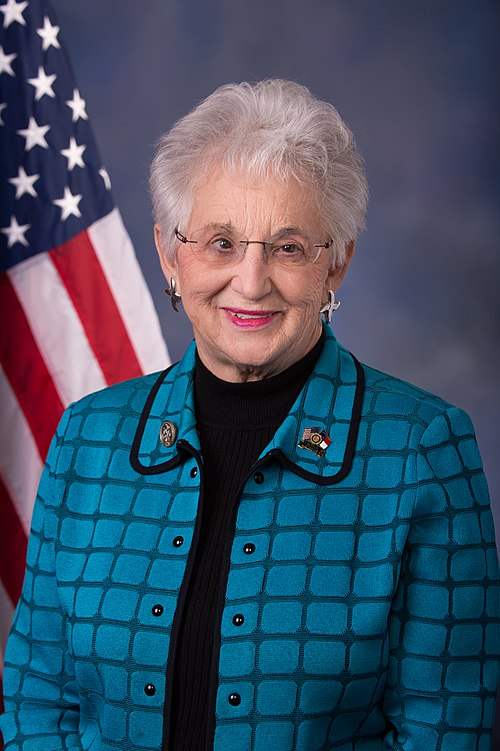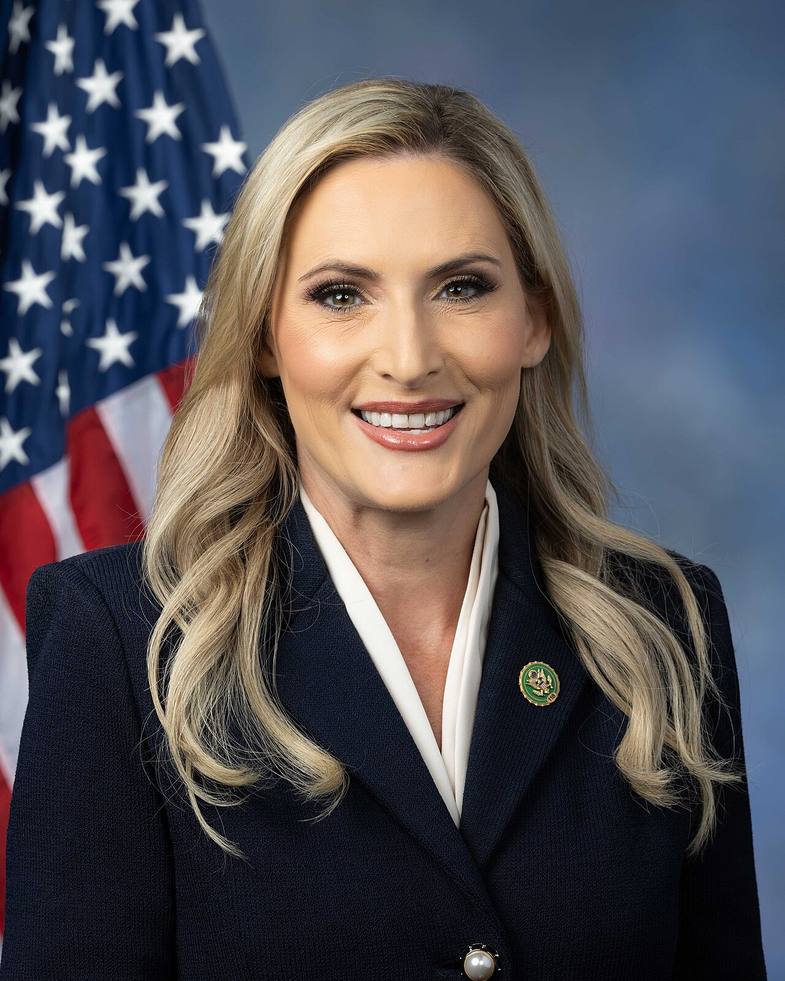H.R. 5316: Drug Shortage Compounding Patient Access Act of 2025
This bill, known as the Drug Shortage Compounding Patient Access Act of 2025, aims to enhance the availability of compounded medications during times of drug shortages. Here are the key provisions:
1. Purpose of the Bill
The primary purpose of the bill is to amend existing legislation to allow for greater access to certain compounded medications for patients in urgent need, particularly when those medications are in short supply.
2. Compounding for Urgent Administration
The bill modifies the definition of pharmacy compounding to permit pharmacists and physicians to compound medications without a patient-specific prescription in certain circumstances. Specifically, a compounded medication can be made for urgent administration in healthcare settings under these conditions:
- The medication must be on the drug shortage list within 60 days before compounding.
- The prescribing professional must certify that they have attempted to obtain the medication from a licensed outsourcing facility, without success.
- The compounded medication must comply with specified labeling and documentation requirements.
- Adverse events related to the compounded medication must be reported to the FDA within a specific timeframe.
3. Improved Reporting Mechanisms
The bill seeks to enhance the reporting of drug shortages and surges in demand. Key changes include:
- Clarifying that manufacturers must notify about potential shortages or surges in demand as soon as practical, and ideally six months in advance for interrupting production.
- Updating the definition of 'drug shortage' to reflect situations where demand exceeds supply, incorporating input from healthcare professionals and manufacturers.
4. Outsourcing Facility Compounding
Changes are made regarding compounding at outsourcing facilities, including:
- Clarification regarding the timeframes for compounding and record-keeping.
- Annual updates required from the Secretary of Health and Human Services on evaluated bulk drug substances used in compounding.
5. Labeling and Clarifications
The bill specifies that compounded medications must be clearly labeled to indicate that they have not been approved by the FDA, ensuring transparency regarding the nature of these drugs.
Relevant Companies
- PFE (Pfizer Inc.): As a major pharmaceutical company, Pfizer could be affected by changes in demand for its products alongside increased compounding competition.
- MRK (Merck & Co., Inc.): Merck may see implications for its drug supply chains and compounding practices influenced by the new regulations.
- ABBV (AbbVie Inc.): AbbVie, which produces various specialty drugs, might experience changes in market dynamics as compounded alternatives become more accessible.
This is an AI-generated summary of the bill text. There may be mistakes.
Sponsors
4 bill sponsors
Actions
2 actions
| Date | Action |
|---|---|
| Sep. 11, 2025 | Introduced in House |
| Sep. 11, 2025 | Referred to the House Committee on Energy and Commerce. |
Corporate Lobbying
1 company lobbying

